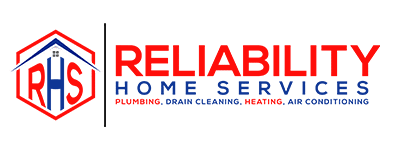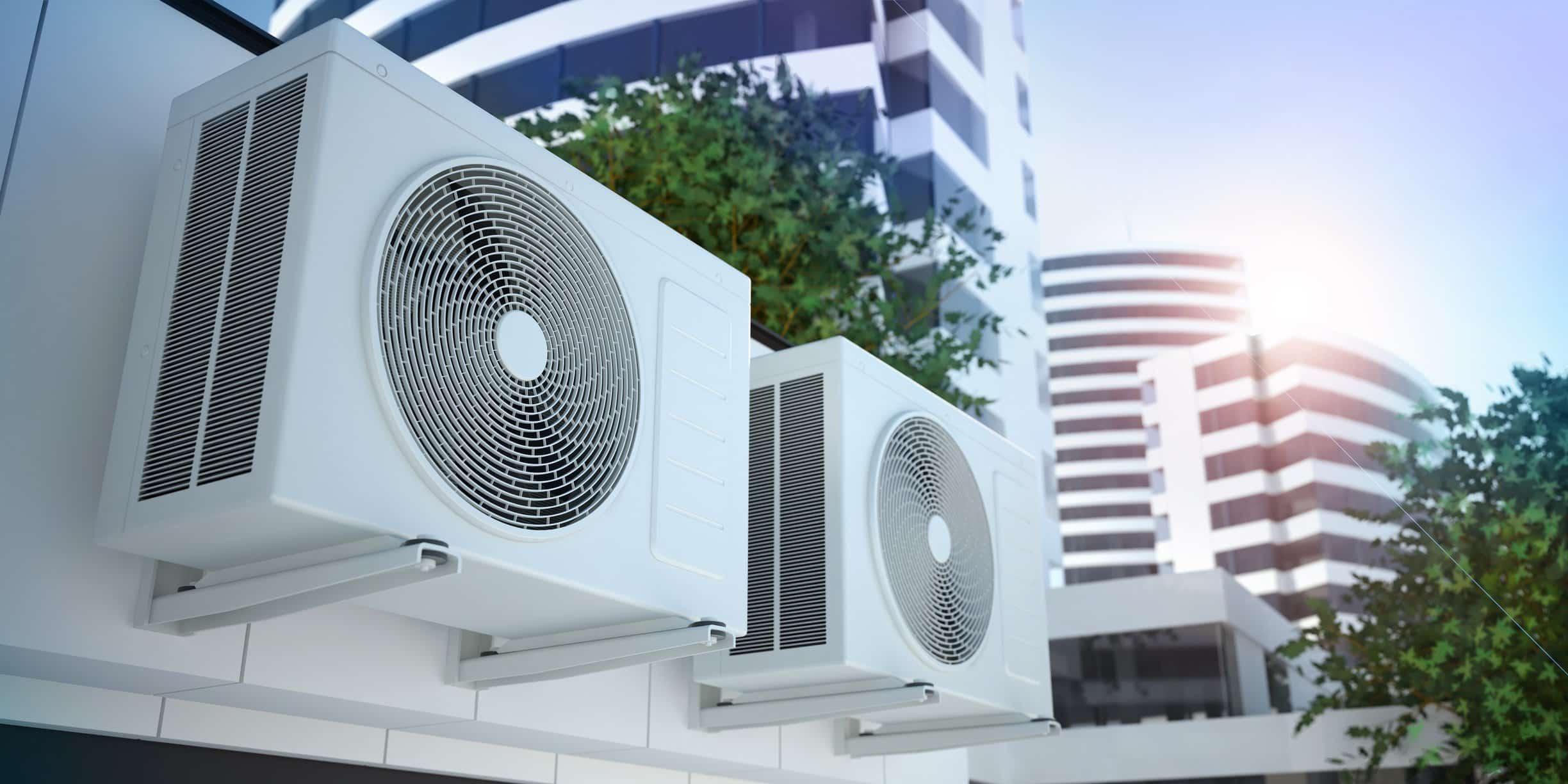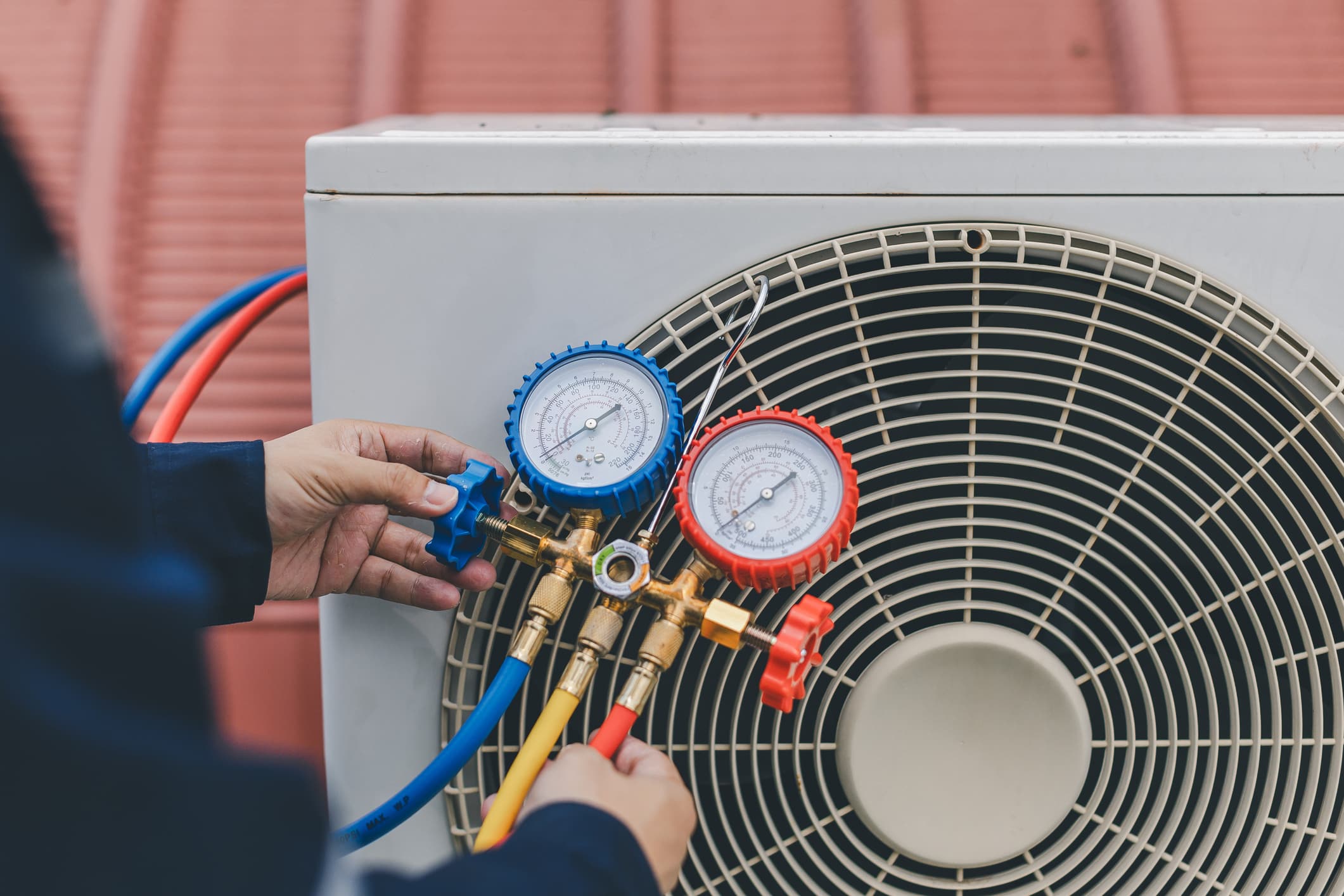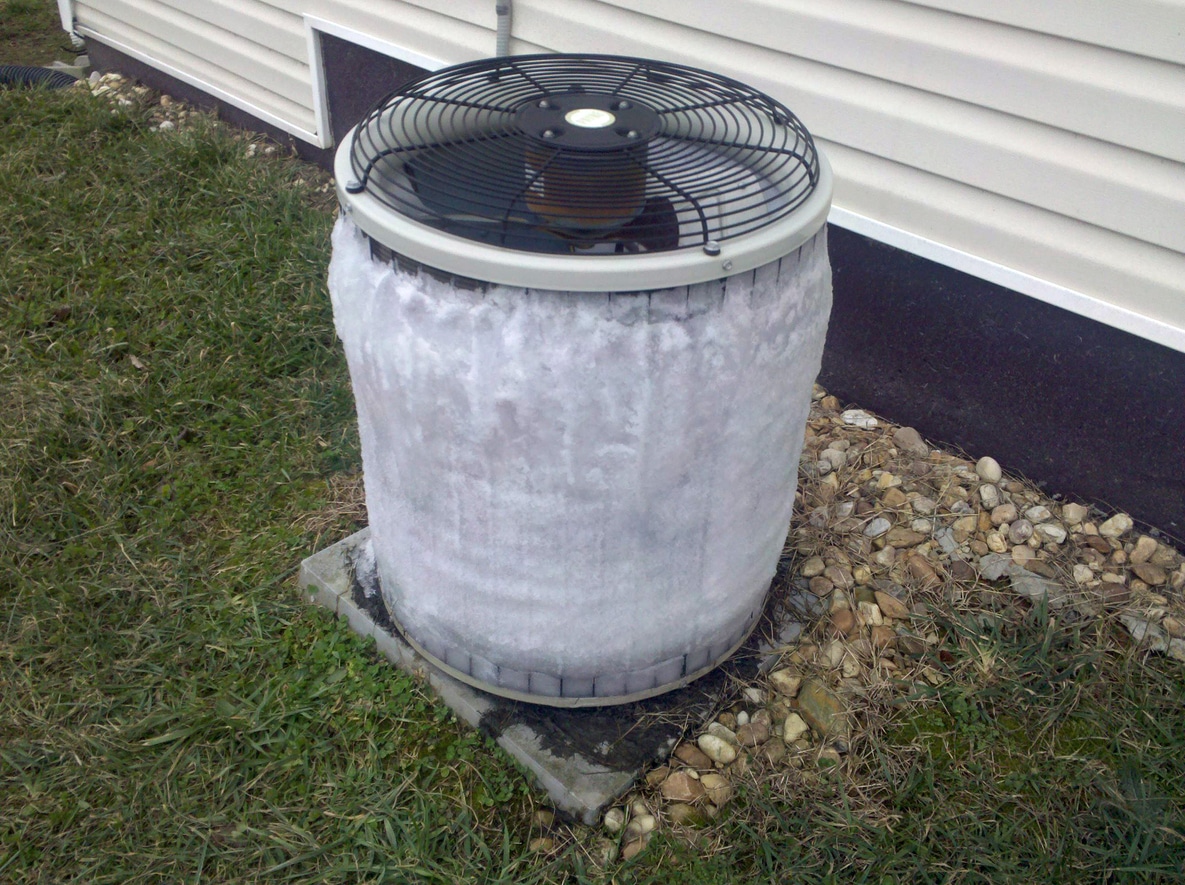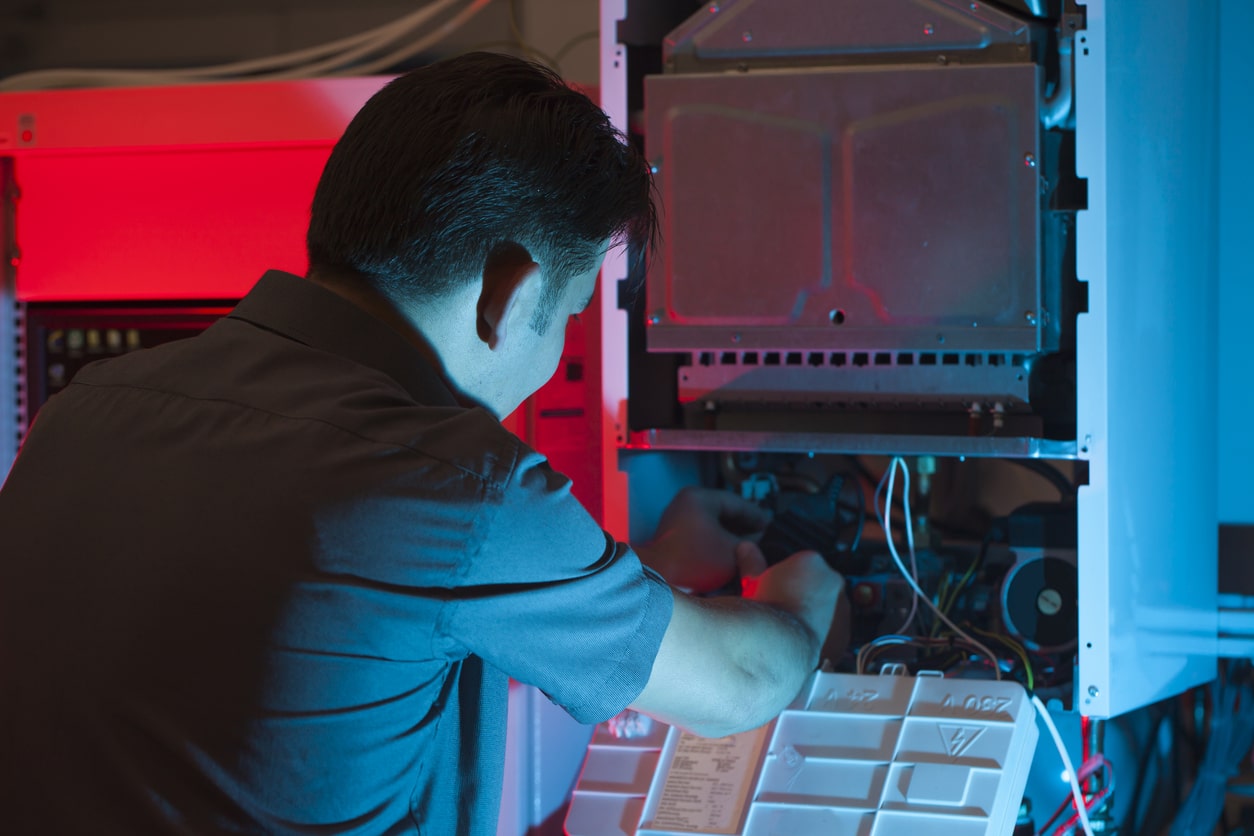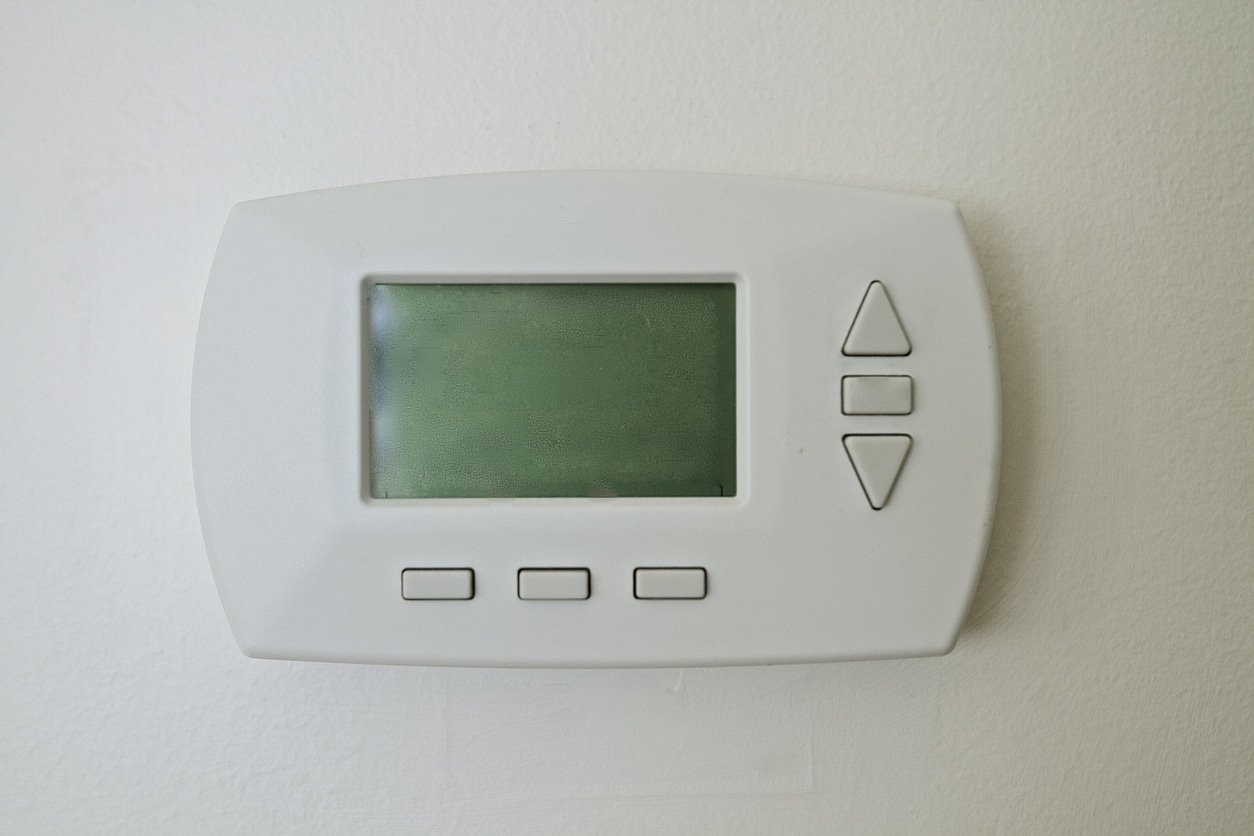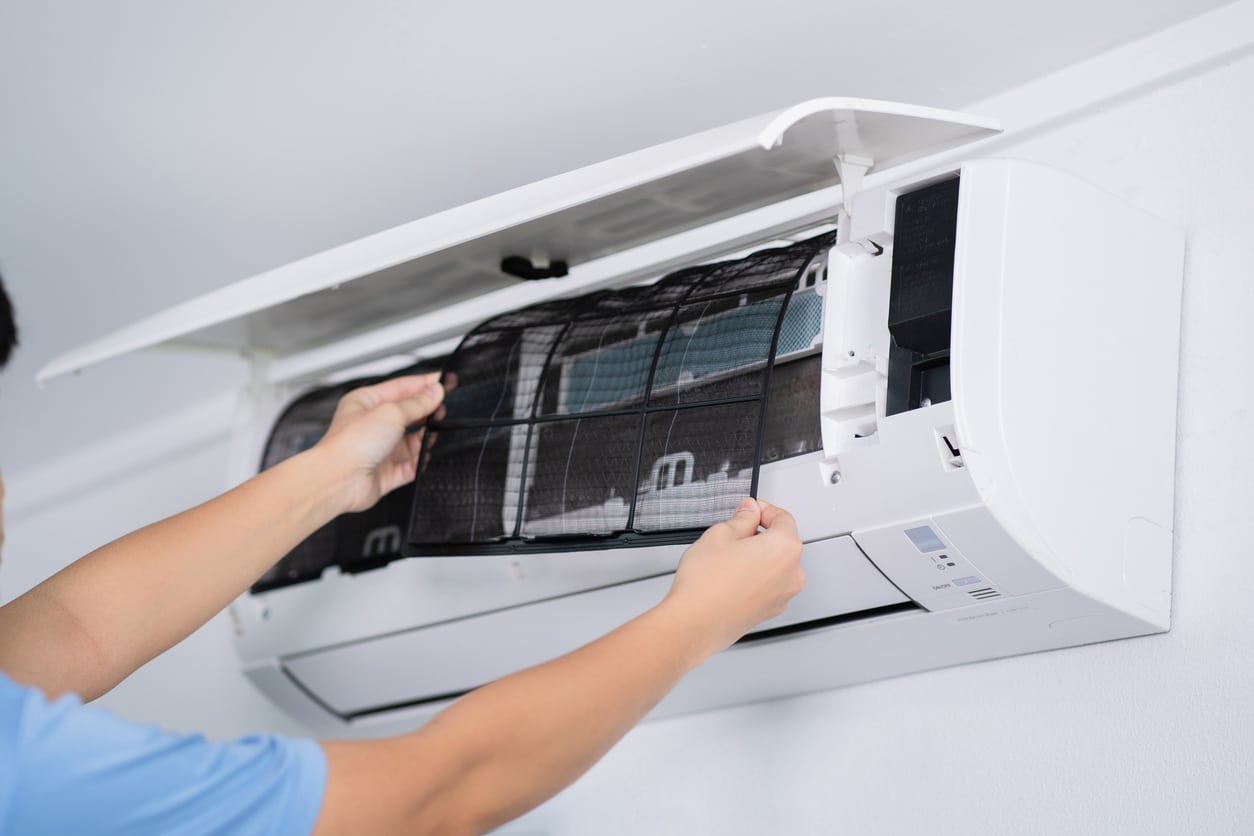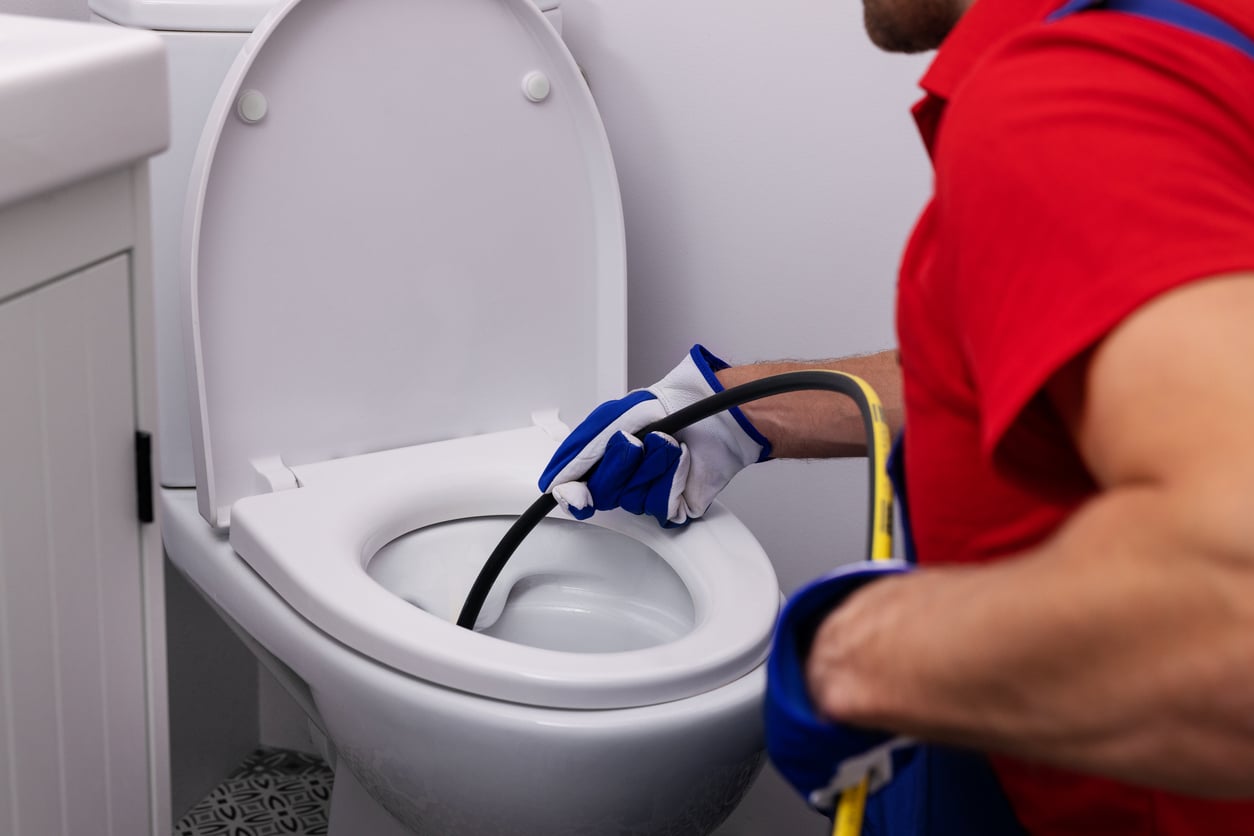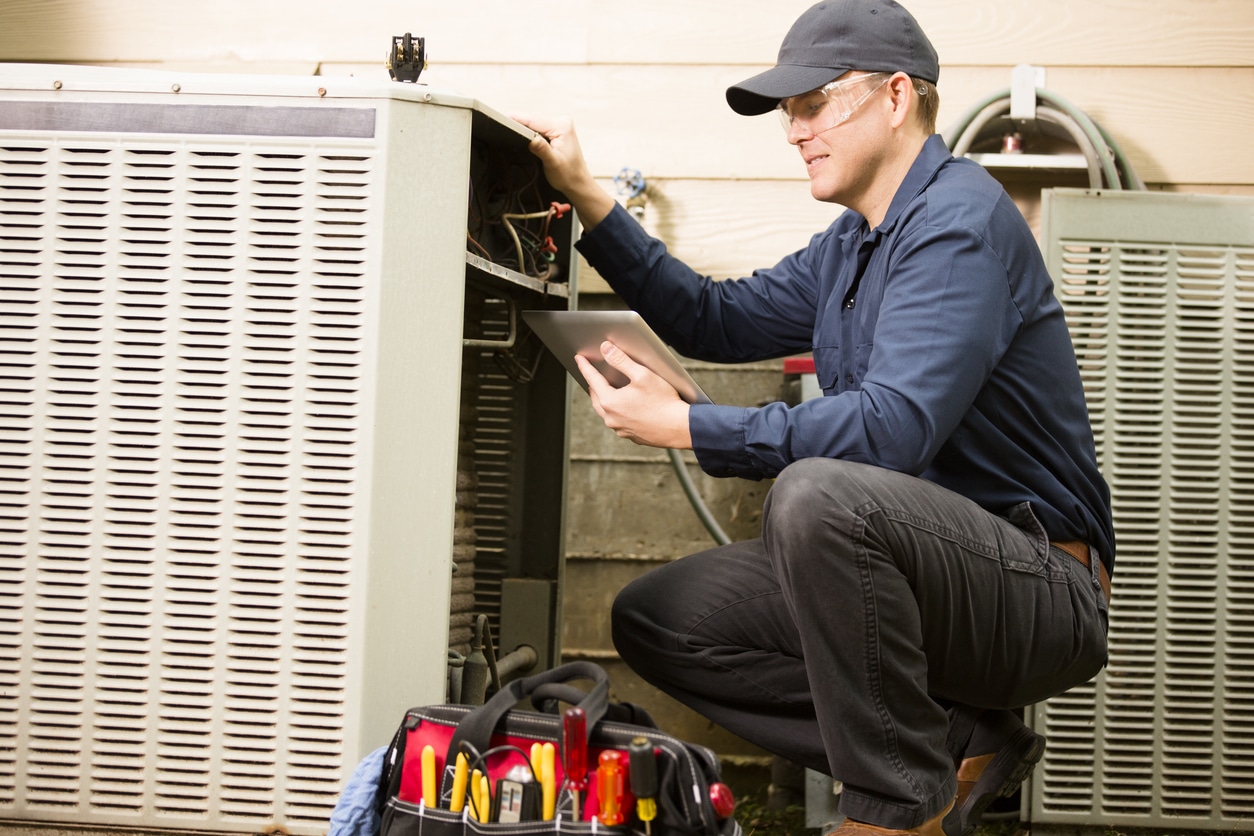Even if you rely on an air conditioner maintenance service in Stewartstown, you could have trouble with your AC. There’s no way to guarantee you won’t be in need of an HVAC repair because your system goes through so much wear and tear. One of the most common issues is a bad AC compressor. Because your compressor handles heat exchange, it’s an essential component. If it fails, your system won’t work. Learn the signs of a bad compressor, and you can catch the problem before it leaves you in the heat.
What Is an Air Conditioner Compressor?
The AC compressor pumps refrigerant throughout your HVAC system. Without the refrigerant, there would be no heat exchange, and warm air would blow out of your vents. Refrigerant gas is essential to your HVAC system, as is the movement of the refrigerant through the coils. It all begins with refrigerant going from liquid to gas. The compressor transforms the refrigerant from a low-pressure liquid to a high-pressure gas. In its gas form, the refrigerant travels through the condenser and becomes a liquid. Then, it goes into evaporator coils and becomes a gas. The process continues on in a cycle until your system kicks off or a component stops working. The Signs of a Bad Compressor
All of the following are warning signs that your AC compressor is about to fail you: Bizarre Noises
Is your air conditioner making weird noises? If so, the compressor could be vibrating around and causing damage. Be particularly wary of clunking or rattling noises. As soon as you notice these sounds, call someone for heating and air repair near me.While there are many possible causes of a noisy AC, a bad compressor is a likely suspect. But it doesn’t really matter why your air conditioner is noisy; it needs professional attention. AC Doesn’t Start Easily
Your AC might struggle to kick on. In this case, you could have a bad compressor. But first, check the breakers for a tripped circuit. Go to your breaker box and identify the switch for your air conditioner. If it’s in the off position, switch it back on. You can also check for a blown fuse by looking at the outside panel near your condenser unit.If you have a blown fuse, you don’t need to worry about your compressor. Replacing the fuse involves shutting off power to the AC, removing the old fuse, and installing a new one. However, you need to be cautious when working on electrical issues. There’s always a risk of electrocution. Not Blowing Cold Air
When you stand under your AC vents and feel warm air blowing out, you have a problem. First, check the thermostat and make sure it’s set to “cool.” This might sound obvious, but it’s important to look at the thermostat settings. With the flick of a switch, you could put the AC back on cool and get cold air.Another common cause for warm air coming from the vent is a refrigerant leak. If you see a puddle near your AC’s refrigerant lines, you may have a leak. Otherwise, there’s a chance your warm air is a result of a faulty compressor. Faulty Circuit Breaker
Do your circuits trip on a regular basis? While it’s normal for a circuit to trip occasionally, it shouldn’t do so on a weekly basis. If you have a newer home with an updated electrical system, it’s unlikely that your frequent trips has anything to do with the number of appliances you use. Instead, you can probably blame your AC and compressor.Sometimes, compressor issues cause breakers to trip repeatedly. You should call a technician to address the issue because there could be something seriously wrong. Less Air Flow
Sure, your AC is working. But is it only pushing out a limited amount of air? If you notice reduced air flow within your HVAC system, you probably aren’t imagining things. Your compressor could be failing.If you’re not sure about the air flow, wait for your system to kick on. Then, place your hand up to the vents. You should be able to feel the air pushing out. If not, you need a professional to come and inspect your AC for trouble. Should You DIY Your AC Compressor Repair?
To save money, some homeowners attempt to fix compressor issues on their own. However, this is never a good idea. Fixing a compressor is a challenging task, and it involves electricity. If you don’t turn off power to the unit or have significant training, you could make a hazardous mistake.With that in mind, you can try a simple test to determine if your compressor really is the issue. Start off by dropping the temperature to the lowest setting. Does the outside unit kick on? If there’s a compressor issue, the unit may kick on but sound different. Instead of hearing the compressor and the fan, you might only hear the fan. If nothing happens when you drop the thermostat, check the circuit breaker. Turn it off and wait approximately one minute before switching it back on. If you’re lucky, the unit will begin to work. In the event that the unit doesn’t kick on, you could have something blocking the compressor or fan. Avoiding the Risks of a DIY Repair
When you DIY compressor repairs, you put yourself and your HVAC system in danger. One small mistake could cause more damage to your system, leaving you with a bigger repair bill. But there’s also the risk to your safety. Why put your health on the line?When you work with a professional for compressor repair, you eliminate any risk. They can identify the issue and fix it right away. Call Us for Air Conditioner Maintenance Service and Repairs
The next time you have a problem in Stewartstown, call us at Reliability Home Services. Our team is here to help you. With our air conditioner maintenance service and repair service, you get all the assistance you need. Call us today to schedule an appointment.